|
Chris Perkel directed Clive Davis: The Soundtrack of Our Lives based on record exec's autobiography When I enter suite 121 of the Beverly Hills Hotel to interview Clive Davis he's sitting in an alcove, doing business by phone. The conversation has to do with the guest list for a dinner party to follow that night's special screening of a new documentary about him, Clive Davis: The Soundtrack of Our Lives. The assistant on the other end of the phone evidently hasn't heard of Melissa Manchester, one of the many singers who owe some if not all of their success to Davis. "It's not Michelle! You keep making that error. I keep changing it and you're not picking up on it," insists Davis, politely but firmly. "Melissa. M-E-L-I-S-S-A. She was all over the documentary. She's a very famous artist... Do you have room for her?" The exchange says much about Davis -- the legendary (perhaps, to some, maddening) attention to detail, and above all the care and concern for artists, even ones like Manchester whose major hits were recorded decades ago. Those qualities are amply illustrated in the documentary by Chris Perkel, which premiered in April at the Tribeca Film Festival. The film debuts exclusively on the Apple Music subscription service today (October 3) and becomes available on iTunes October 13. On this Tuesday afternoon Davis is nattily attired in a blue blazer with striped tie and matching pocket square -- the buttoned up look he's sported since he first entered the record business in the early 1960s. At age 85 he's definitely old school, but not old-fashioned: the celebrated ears have always been open to new sound -- rock n' roll, rap, hip hop and whatever else may come along. That's how, without a musical background himself, he could perceive the enormous potential in Janis Joplin, Bruce Springsteen, Barry Manilow, Billy Joel, Santana, Aerosmith, Patti Smith, Earth, Wind & Fire, Alicia Keys, Whitney Houston, Biggie Smalls, the aforementioned Melissa Manchester and many other artists. Perkel, seated next to Davis in a blue blazer of his own, takes a shot at describing what has made Clive so successful in the music business. "There's obviously the ears, which is something hard to nail down, but the capacity to understand and appreciate exceptional work from whatever angle it's coming from," Perkel notes, adding another attribute "is this incredible curiosity — whether it’s in interpersonal relationships, whether it's just engagement in the world... And then you have this just incredibly tireless work ethic." Perkel's film follows the publication in 2013 of Davis' autobiography, "Clive Davis: The Soundtrack of My Life." Clive tells me, "The subject of a film did not come up in my mind until the autobiography came out and it entered the New York Times [bestseller list] at #2 and for three months it stayed in the top 10, which A) was exciting, B) stirred up in short order a number of offers for a biopic. It was the offers for a biopic and one offer for a Broadway musical that made me consider what is appropriate at this stage -- gratified at the interest, but I really felt a documentary was the most appropriate format." Both the autobiography and documentary trace the outlines of Davis' life -- a Jewish kid born in Brooklyn to a family of modest means, enrollment at Harvard as an undergrad. By the end of his freshman year he had lost his mother and father, a painful blow. "The loss of parents required a lot of psychological adjustment," Clive recalls. "I was young. I had to get counseling when I went to Harvard. I really felt the aftereffect of that loss -- when you don't have an anchor, you don't have parents." Davis would earn a law degree and later join Columbia Records, where he rose to general counsel. Almost by chance he became head of A&R (artists and repertoire), and in 1967, while attending the Monterey Pop Festival, he signed a group that made a big splash there -- Big Brother and the Holding Company and lead singer Janis Joplin. Other early signings included Laura Nyro, Chicago, Blood, Sweat & Tears and Springsteen. It was Davis who insisted Bruce needed to come up with a single to launch his 1973 album "Greetings From Asbury Park." Springsteen obliged, promptly writing "Blinded by the Light." The film shows other creative decisions Davis made that proved pivotal for many artists -- choosing songs for Manilow to record, for instance, and recommending an unusual choice of a first single to release for Simon & Garfunkel's album "Bridge Over Troubled Water." "I was very strongly and emotionally impacted" by the documentary, Davis allows. "This is over 45 years after I initially interacted with Simon & Garfunkel and so you see that footage, Paul and Artie separately being interviewed and recalling 'Bridge Over Troubled Water' being picked as the first single and Paul saying, 'My god, I thought that he would pick "Cecilia"' or Art Garfunkel saying, 'Oh my god, it was one of the most important things that have occurred in my professional career, the leadership, the idea of picking a non-formulaic cut, a ballad at that length and [Clive] saying, "Just watch."" A selection of albums by artists associated with Clive Davis. In the documentary, composer/producer David Foster recalls his dispute with Davis over Whitney Houston's recording of "I Will Always Love You" for the movie The Bodyguard. Foster produced the single, sending what he considered an unfinished version to Clive. Davis loved it and thought it couldn't be improved. "I had respect, great respect for David and the first cut that he sent me was chilling," Davis tells me. "And he was saying, 'Oh, this is just a first cut. I'm going to continue working on it.' Then every [later] cut that he sent came off sweet, a little slick." Davis released the initial version without alerting Foster, incurring the latter's fury. "The documentary -- where I said there wasn't an obscenity that he [didn't] level at me and him admitting that he could be a hothead and that I did say, 'Maybe we should hang up, because one of us might say something the other might regret.' That was real, that's the way it happened," Davis affirms. That observation highlights one of the key differences between the autobiography and the film. The book consists of Clive's memories; in the film entertainers and record company execs give their own take. "When you write an autobiography there's always a skepticism as to whether you are... reflecting the accurate relationship -- the degree or lack of degree of warmth, the omission of anything divisive there and whether it's a selective view of his career as recalled by the author," Davis says. "You can't do that [in] a documentary. Because these are the artists' recollections. It's not my recollection. The skeptic can say that it's all there." "We did over 55 interviews from all over the place, all these luminaries and just extraordinarily successful people, both on the executive end and these incredible artists," Perkel adds. "We didn't know... if their point of view [would] align with Clive's, but they did and so it really alleviated any concern about whether or not we might have some sort of conflict in how we would approach the telling of it." Hearing Perkel's comment, Davis points out, "I do want to make it clear there was a clear understanding that this documentary would be under the control of Chris... I not only did not refer Chris to any artist, I didn't make any calls on that behalf, I never spoke to any interviewee before or after, to this day. When I saw the first rough cut and I realized the editorial judgment was all up to Chris -- he had a very difficult task with a book so detailed into various eras... I really thought he had done a remarkable job." A significant portion of The Soundtrack of Our Lives covers Davis' relationship with Whitney Houston, undoubtedly his greatest protegée. He discovered her as a teenager, and chose the material for the album that launched her career, for starters. And he would live to witness her decline into drug addiction and untimely death in 2012. She died the weekend of Clive's legendary pre-Grammy party at which she had performed so many times. Davis made the decision to go on with the event, which he said Whitney would have wanted. In the film Davis is shown addressing the audience at the party, fully composed -- as a man of his generation, perhaps reluctant or unable to share raw emotion. It is a similarly composed Davis who responds to an observation I make that loss is something of a through line in the film -- the loss of his parents, of some of his most cherished artists including Houston and Joplin. "I felt more than professional loss of Janis. It was personal because I knew her and she was my first signing and the tragedy of someone so young and it was also the first experience of losing anybody to drugs," Davis tells me. "I had just been in touch with her shortly before her death and she was exhilarative, played 'Me and Bobby McGee' on the phone, so proud of it and I was so taken with the record. Jolting, okay, and painful and sad. Everything is a matter of degrees. "With Whitney, as the documentary says, that was the closest to losing someone who was almost a member of your family. I had just been with her 48 hours before for the whole afternoon, where she was so optimistic, so cognizant of cigarette smoking, on that issue, that she had to cut it out... That's something you probably never get over... I'm aware of her absence very strongly." Our interview is punctuated by the phone ringing in the suite. Davis tells me he's expecting an important call. The phone rings again, but none of the assistants or publicists nearby answers it. "Aliza, the phone is ringing there, could you just put on the headset?" He summons an assistant. "Could someone find Rob?... Could we locate Rob?" This interruption comes in the midst of an answer to my final question -- where does his drive come from? It's the engine that has kept him on top of his profession for over 50 years, surviving numerous regime changes and boardroom intrigues at the companies he's served. His current role is chief creative officer of Sony Music Entertainment, the world's second biggest record company by market share. "I was born with drive," he states. "Probably the best advice I ever got was from my mother. Because I was very academically inclined when I was a kid. I always, candidly, got A's in school. She was the one that said, 'You know you've got to get out and live life... You don't want to be an ivory tower person without knowing people and street smarts and what have you. It's not only book learning.' Really that was the best advice. Because then I went out on the streets to play stick ball or touch football and obviously built interests outside of the purely academic. "But I had natural drive since birth as far as doing the best that I can and it started from kindergarten. It was not an acquired taste. And it was nurtured by -- to keep scholarships you had to get a certain grade or I had no money. My parents died, I had $4,000 going out of my freshman year. That's what I had... I couldn't afford the tuition if I lost my scholarship, so there was always that need. But the drive was there, always." Aretha Franklin performs at Radio City Music Hall in honor of Clive Davis, following the world premiere of Clive Davis: The Soundtrack of Our Lives. April 19, 2017. Video by Matt Carey Jennifer Hudson performs at Radio City Music Hall in honor of Clive Davis, following the world premiere of Clive Davis: The Soundtrack of Our Lives. April 19, 2017. Video by Matt Carey Note: this piece has been updated with some minor word changes.
|
AuthorMatthew Carey is a documentary filmmaker and journalist. His work has appeared on Deadline.com, CNN, CNN.com, TheWrap.com, NBCNews.com and in Documentary magazine. |
- Home
- News
- Videos
-
Galleries
- 2019 Tribeca Film Festival
- Full Frame Documentary Film Festival
- 2019 SXSW Film Festival
- SXSW 2018 Gallery
- 2019 Sundance Film Festival
- Outfest 2018 Photo Gallery
- Outfest 2017
- Sundance 2018 Photos
- 2017 LA Film Festival
- 2017 Cannes Film Festival
- Tribeca Film Festival 2017
- SXSW 2017 Gallery
- 2017 Berlin Film Festival
- Sundance 2017 Gallery
- 2016 Los Angeles Film Festival
- Cannes Film Festival 2016
- SXSW 2016 Gallery
- Berlinale 2016 Gallery
- Sundance 2016 Gallery
- Filmmaker Gallery
- About
- Contact
Proudly powered by Weebly
- Home
- News
- Videos
-
Galleries
- 2019 Tribeca Film Festival
- Full Frame Documentary Film Festival
- 2019 SXSW Film Festival
- SXSW 2018 Gallery
- 2019 Sundance Film Festival
- Outfest 2018 Photo Gallery
- Outfest 2017
- Sundance 2018 Photos
- 2017 LA Film Festival
- 2017 Cannes Film Festival
- Tribeca Film Festival 2017
- SXSW 2017 Gallery
- 2017 Berlin Film Festival
- Sundance 2017 Gallery
- 2016 Los Angeles Film Festival
- Cannes Film Festival 2016
- SXSW 2016 Gallery
- Berlinale 2016 Gallery
- Sundance 2016 Gallery
- Filmmaker Gallery
- About
- Contact

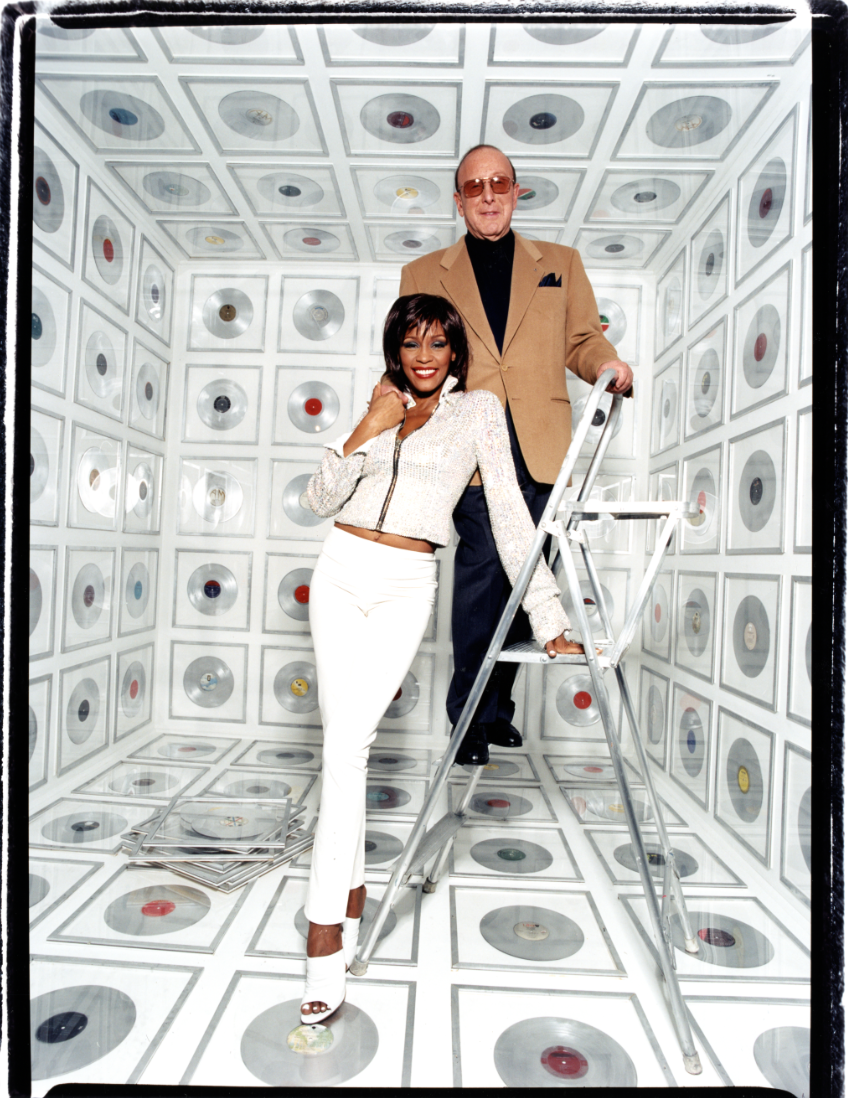
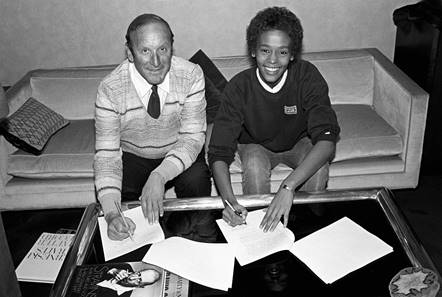
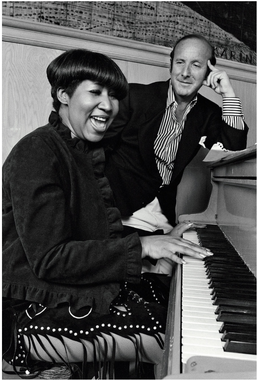
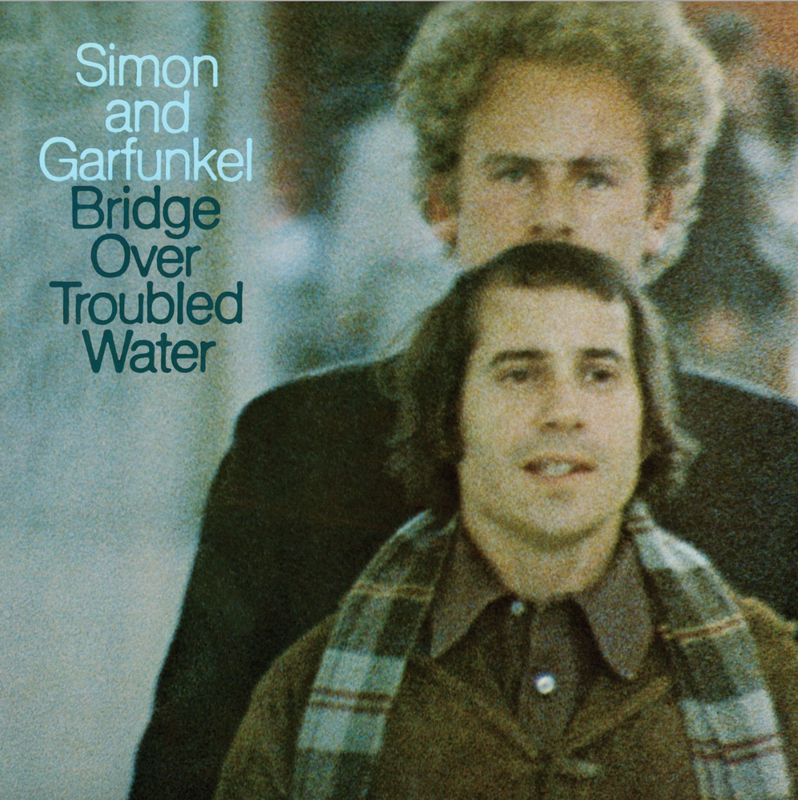
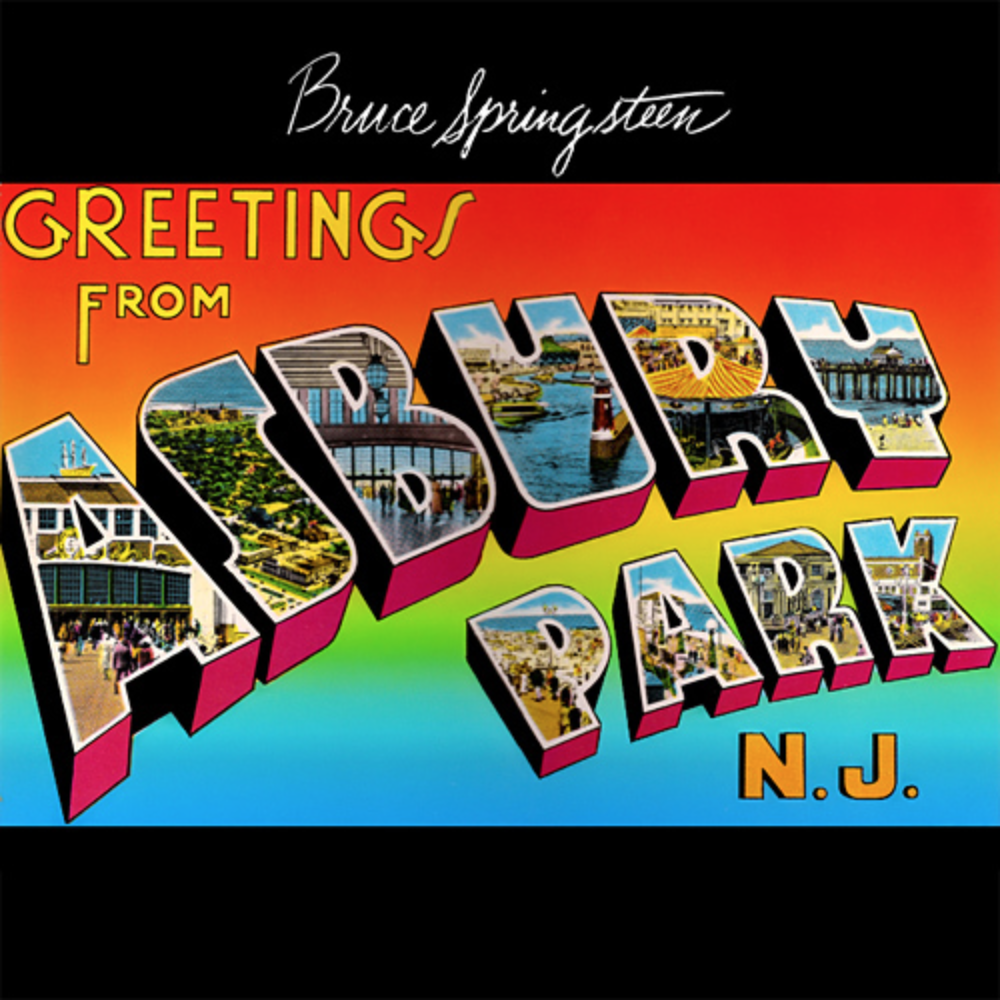
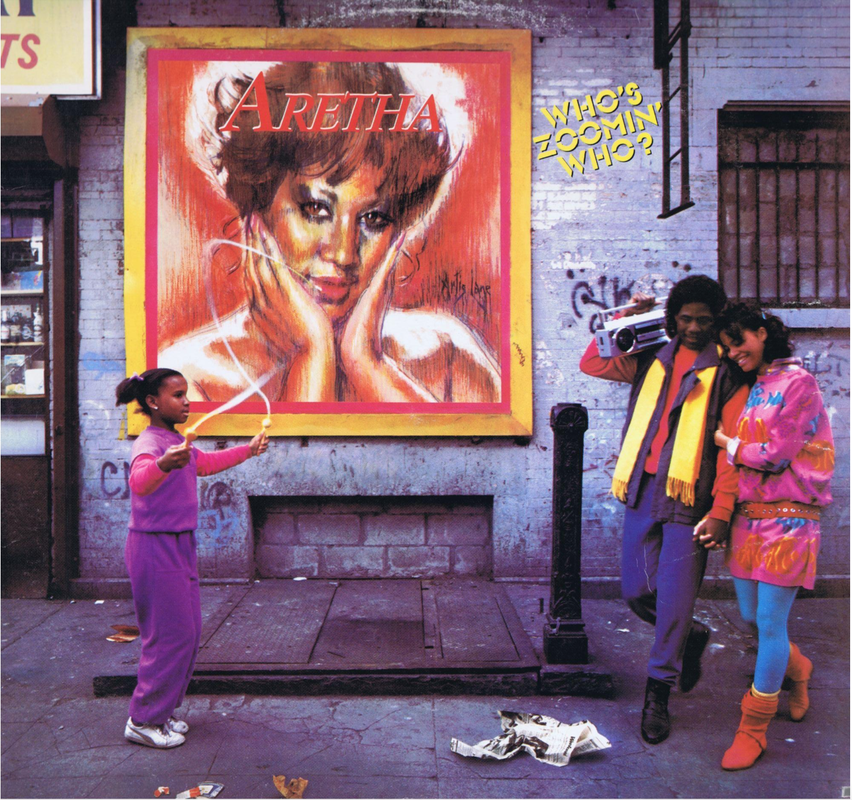
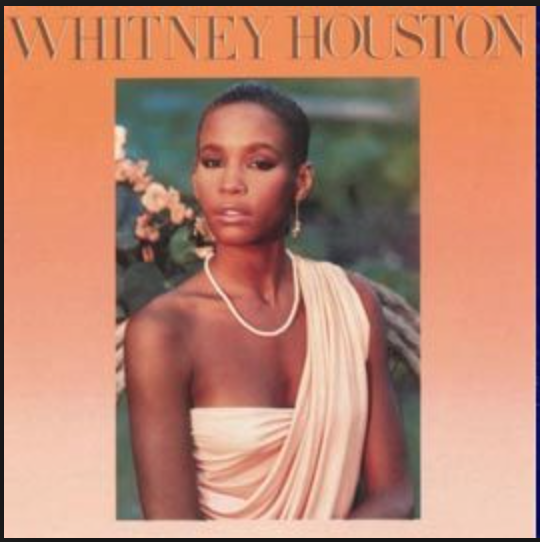
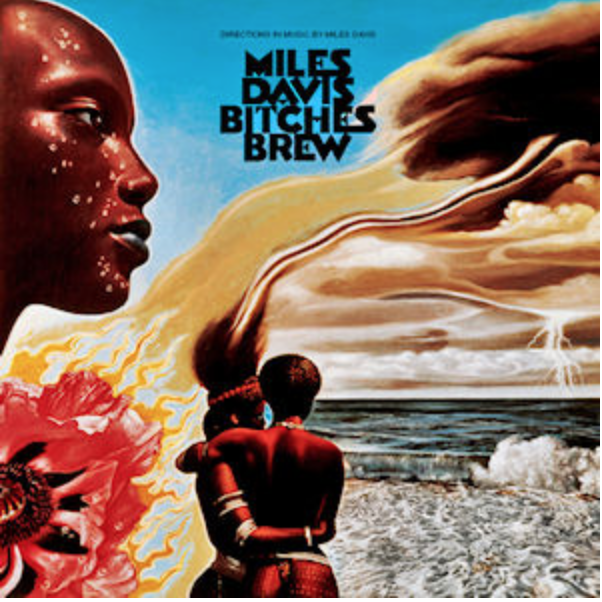
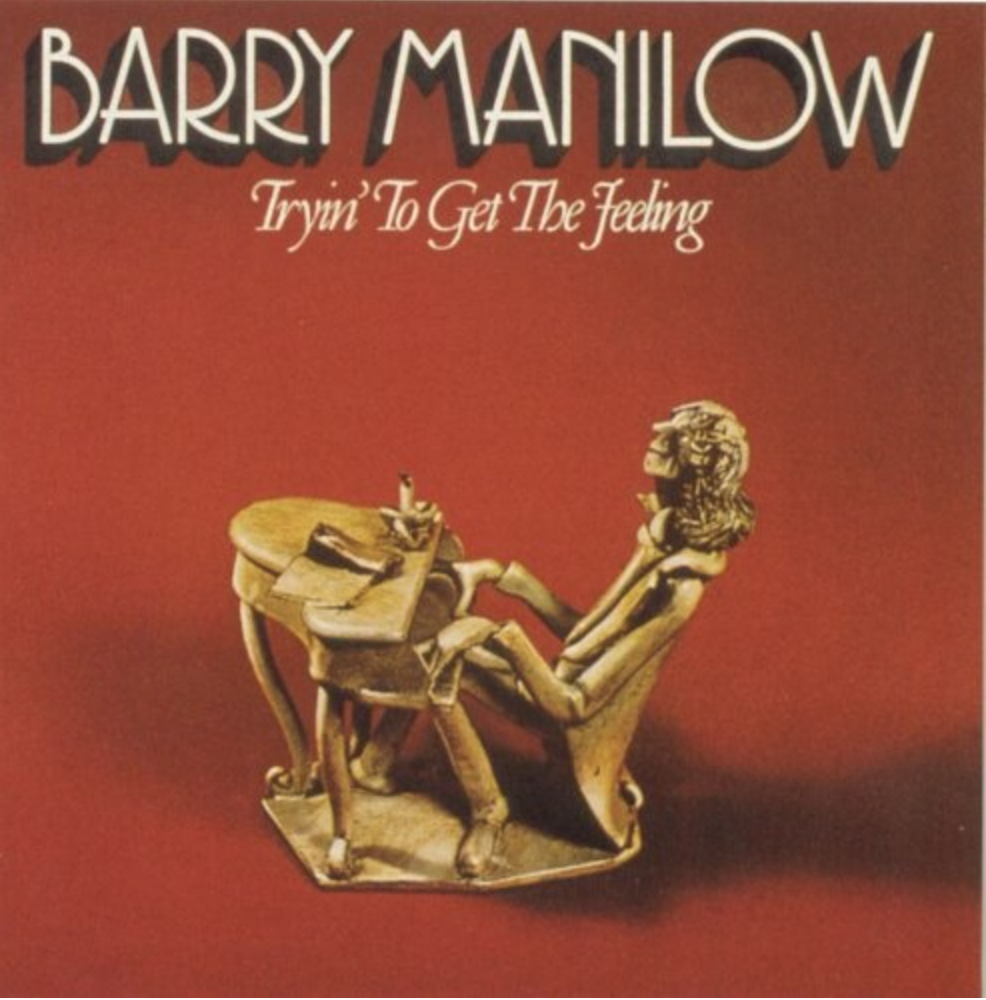
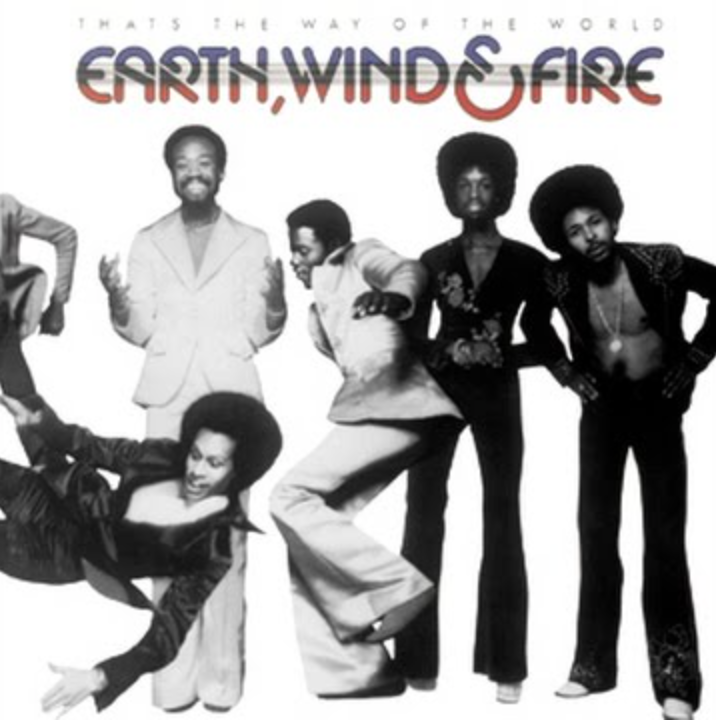
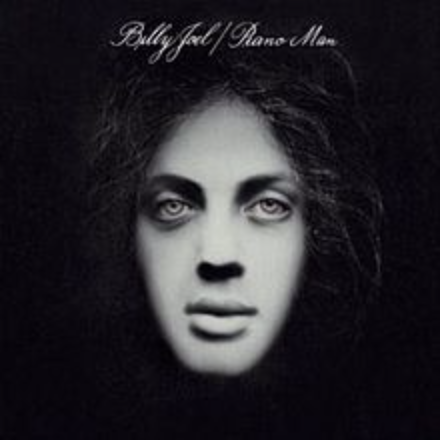
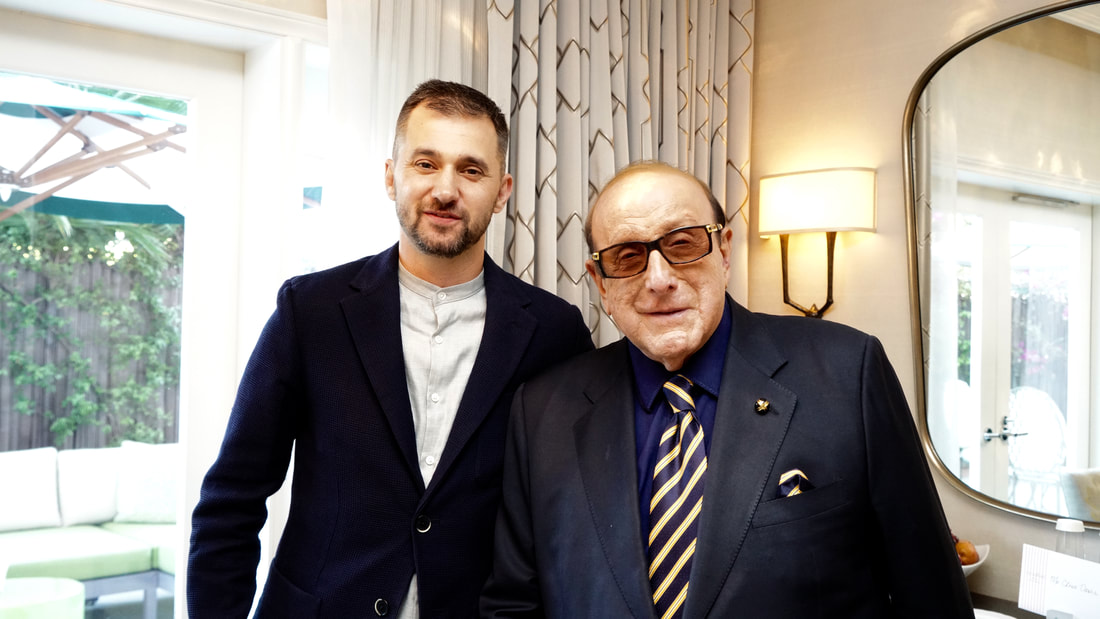
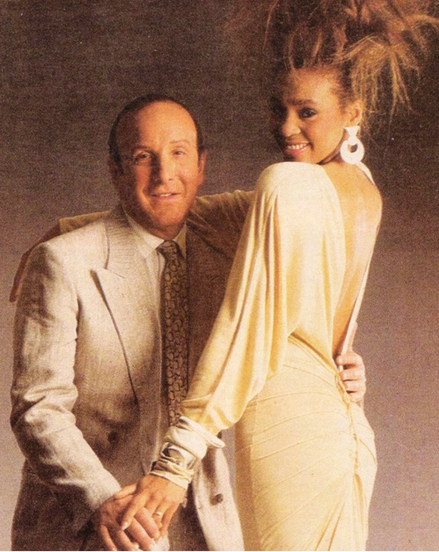
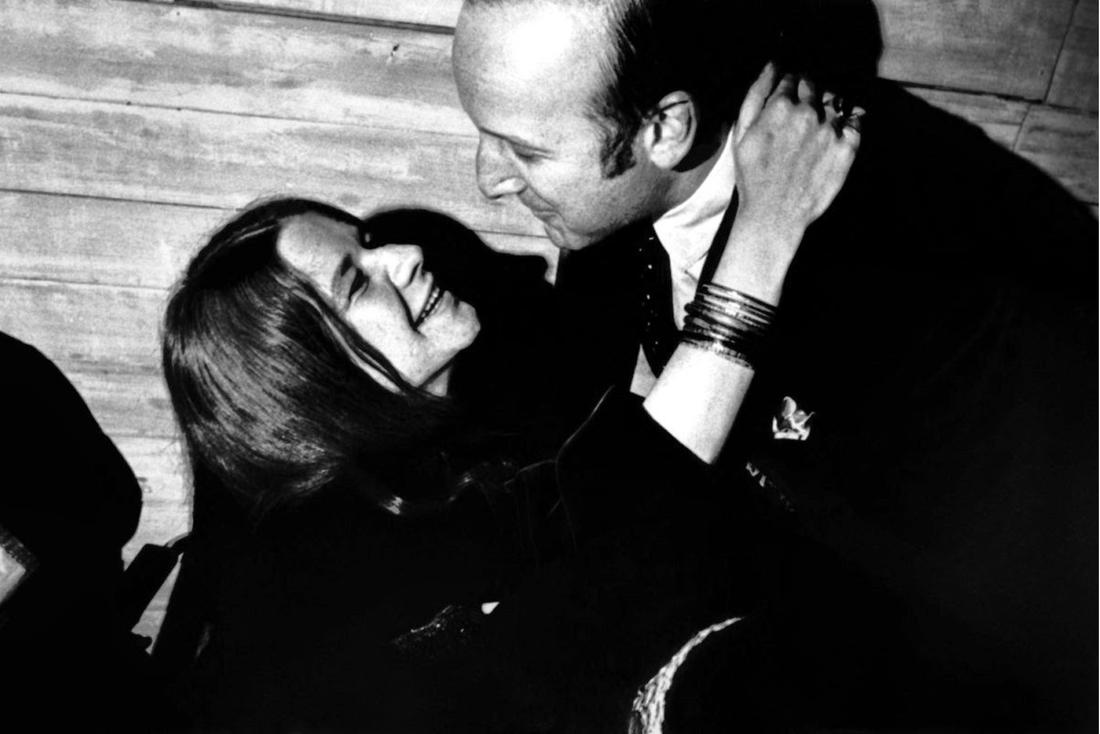
 RSS Feed
RSS Feed